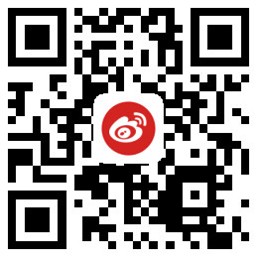travel_2
更新时间:2024-01-23 05:08:15
- travel
- travel: [14] Travel and travail [13] are doublets – that is to say, they have a common ancestor, but have split into separate words. Their ultimate source is medieval Latin trepālium, a term for an instrument of torture made of three sharp stakes. This was a compound noun formed from Latin trēs ‘three’ and pālus ‘stake’ (source of English pale).
From it was formed a verb *trepāliāre ‘torture on the trepālium’, hence generally ‘torture’. This passed into Old French as travailler, where its reflexive use ‘put oneself to pain or trouble’ evolved to ‘work hard’. Its noun derivative travail ‘painful effort, hard work’ was borrowed by English as travail, and this quickly developed a new sense, ‘journey’ (presumably from the notion of a ‘wearisome journey’), which came to be distinguished by the spelling travel.
=> pale, three, travail - travel (v.)
- late 14c., "to journey," from travailen (1300) "to make a journey," originally "to toil, labor" (see travail). The semantic development may have been via the notion of "go on a difficult journey," but it also may reflect the difficulty of any journey in the Middle Ages. Replaced Old English faran. Related: Traveled; traveling. Traveled (adj.) "having made journeys, experienced in travel" is from early 15c. Traveling salesman is attested from 1885.
- travel (n.)
- late 14c., "action of travelling," from travel (v.). Travels "accounts of journeys" is recorded from 1590s. Travel-agent is from 1925.




